ADVOCACY UPDATE!
The property was purchased by Suffolk County and the Town of Brookhaven in August 2023 and will be dedicated to the Suffolk County Historic Trust. In a press release dated August 28, 2023 Town Supervisor Ed Romaine said, “Preserving historic places is an important tradition in the Town of Brookhaven and the Avery Homestead property is certainly one that is worthy of saving. As a former history teacher, I am proud to add it to our list of historic places to be preserved for future generations to enjoy and learn about the early settlers of our town and to prevent overdevelopment.”
Click here to read more about this exciting development.
Added to Preservation Long Island’s Endangered Historic Places list in 2019. An 11-acre time-capsule reflecting the Avery family’s former 200-acre Swan River Nursery (1898–1982) just south of what is now Montauk Highway. Featuring four historic structures within an intact agrarian setting and strong ties to Patchogue’s history, this exceptional historic place is threatened by potential demolition or intensive redevelopment.
Action alert for residents in and around the Patchogue area! Help save the historic Avery Homestead today! Please take a moment to email Suffolk County Legislator Rob Calarco and let him know you support a preliminary plan to acquire and preserve this remarkable place for generations to come as county parkland: [email protected]
Thanks to Linda Leuzzi and the Long Island Advance for a wonderful piece on the energetic community-based efforts to preserve the Avery Homestead: https://www.longislandadvance.net/6503/Many-supporters;-an-ambivalent-owner
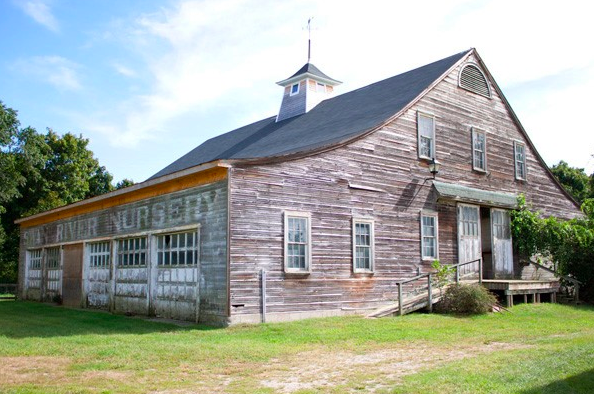
This site has been at risk since the death of Barbara Avery (1950–2017), the last lifelong Avery family resident of the homestead. Her grandfather, Charles W. Avery (1854–1915), opened the Swan River Nursery at the site in 1898 and the business enjoyed success as a well-known spot for horticultural plants and agrotourism off Montauk Highway during the early/mid-20th century. The surrounding landscape evolved into a dense suburban area by the late 20th century when the nursery became Peppermint Stik Farm, where Barbara raised miniature horses.
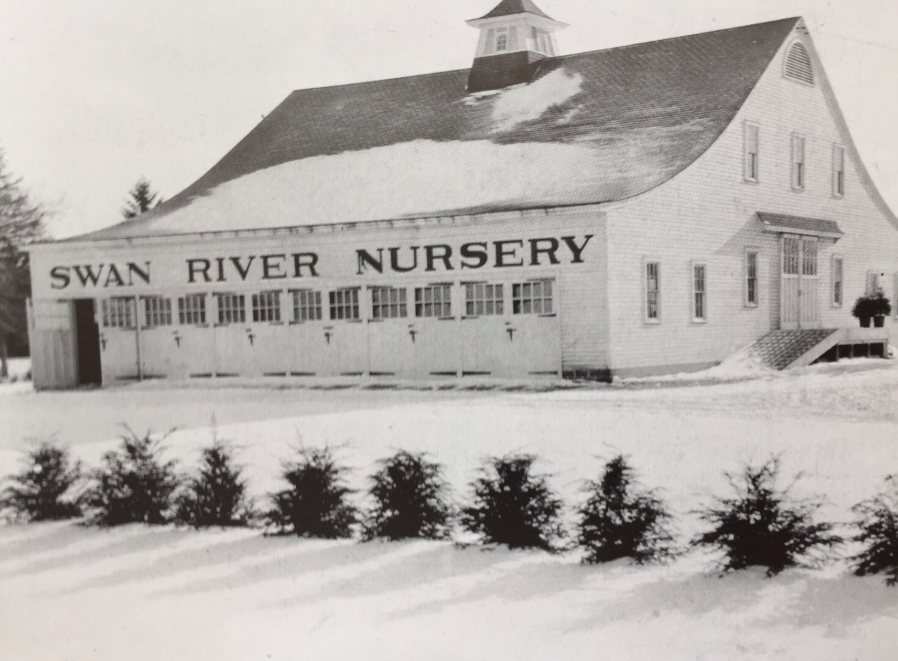
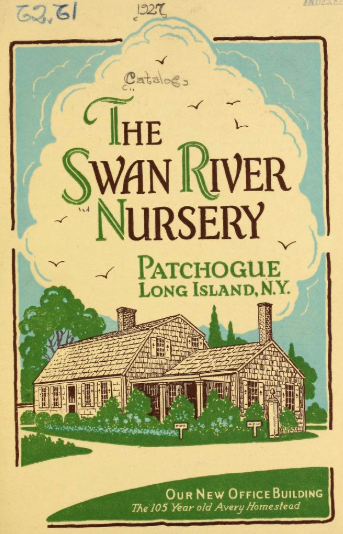
Avery Homestead’s oldest structure is a ca. 1820 house with a gambrel frame roof built by a family ancestor, where generations of Averys were born and raised, including Barbara’s grandfather, Charles W. Avery, and her father, Humphrey R. Avery (1894–1983). The ca. 1820 building was later repurposed as the nursery office after Charles moved a nearby 1880s Queen Anne-style house to the property in 1901 for use as his family’s residence. Although the old house/office is currently in need of repair, the Queen Anne-style house remains in good condition. Additionally, the homestead features a 1921 hexagonal concrete fountain with a central spout and a large Dutch Colonial Revival-style barn built for the nursery in 1930.
The land itself has deep colonial roots via the Averys, who are patrilineal descendants of Humphrey Avery (1699–1788) of Connecticut. Humphrey Avery originally purchased the homestead land—along with most of what is now Patchogue and Blue Point—from a patent held by John Still Winthrop in 1752. Spanning from Bellport to Blue Point along the Great South Bay to the middle of the island, the Winthrop Patent comprised a large tract of land acquired by Connecticut Governor John Winthrop Jr. in 1664 from Tobacus, an Unkechaug sachem. Humphrey Avery Jr. (1725–1789) was among the first Averys to permanently settle in the Patchogue area.
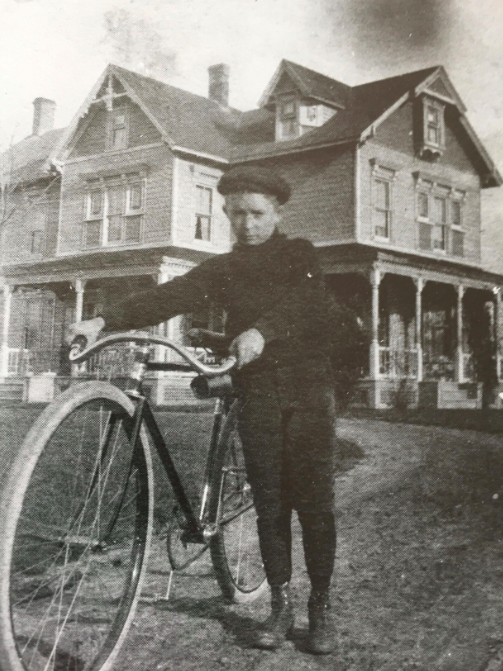
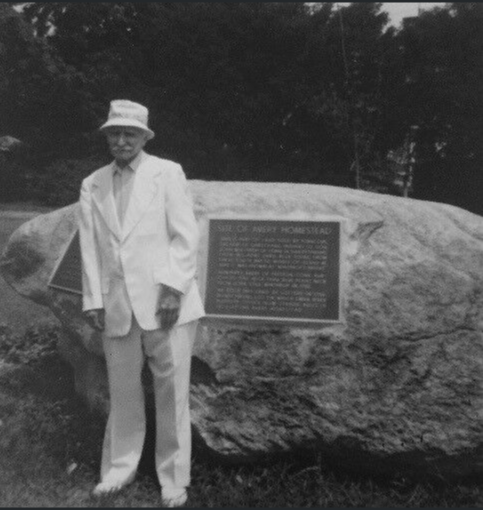
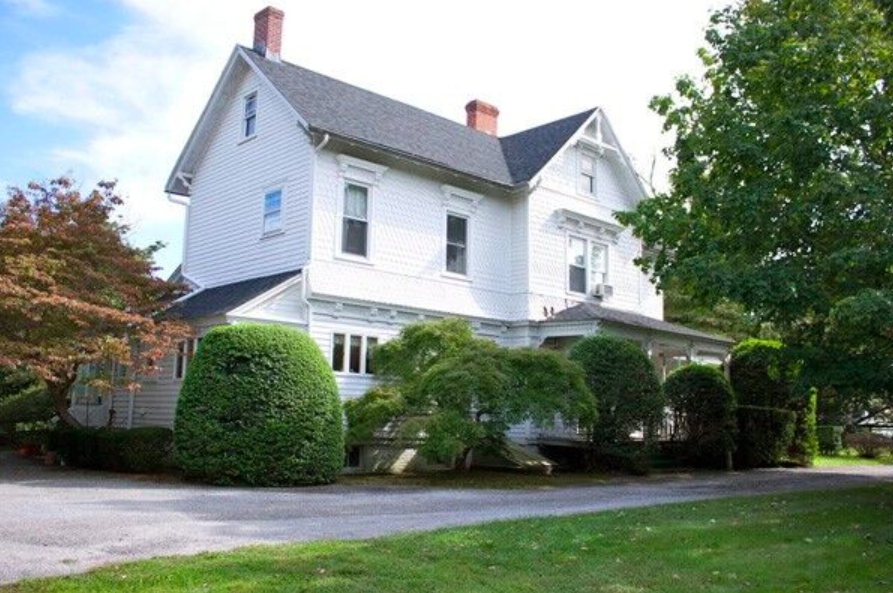
Status: Threatened
None of the historic structures or landscapes at the Avery Homestead have been designated as Brookhaven Town landmarks, so they are all at risk of demolition or intensive redevelopment. The prevailing zoning in the area favors dense residential or commercial uses. Unfortunately, the current property owners are located out-of-state and attempts by Suffolk County officials and others to discuss potential preservation plans have been unproductive so far. As one of our 2019 Endangered Places, Preservation Long Island is working with a wide group of local supporters, including the Bellport-Brookhaven Historical Society and Peconic Land Trust, towards developing a viable preservation plan for this historically and environmentally sensitive site.
Preservation Recommendations:
- Nominate and designate the Avery Homestead as a Brookhaven Town landmark to protect it from demolition and insensitive redevelopment.
- Nominate the Avery Homestead for listing on the National Register of Historic Places to open doors for federal historic rehabilitation tax credits and other financial incentives.
- Explore public-private partnerships to encourage the continued use of the property as a horse farm or its rehabilitation for some other self-sustaining, income-producing use that would be sensitive to the historical significance of the site.

Preservation Long Island’s 2019 Endangered Historic Places Program is made possible in part by a grant from the New York State Council on the Arts with the support of Governor Andrew M. Cuomo and the New York State Legislature.




